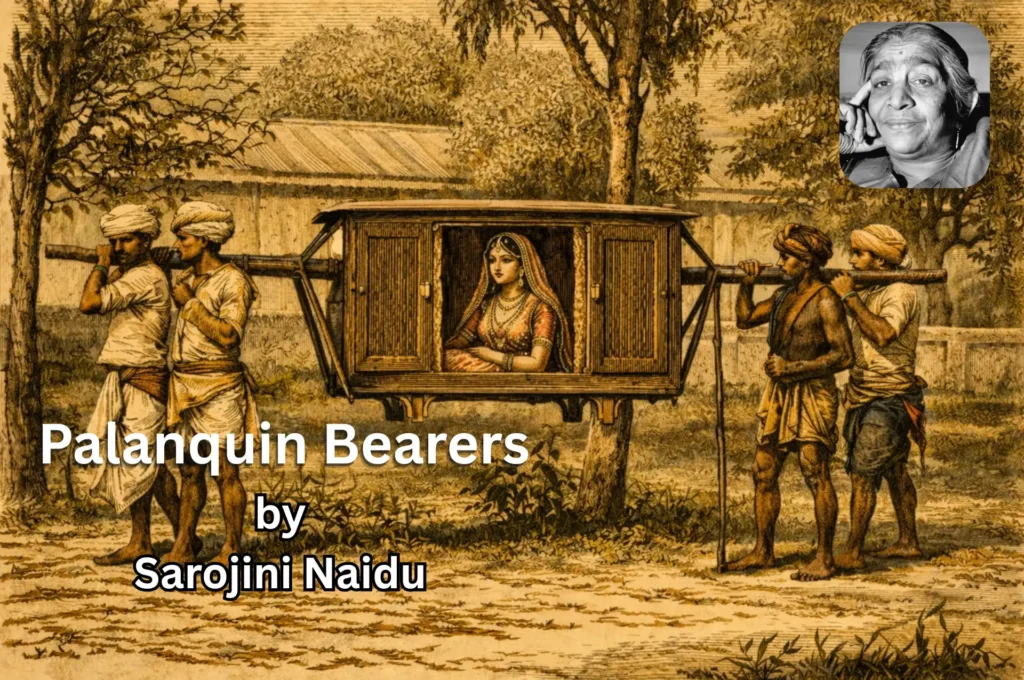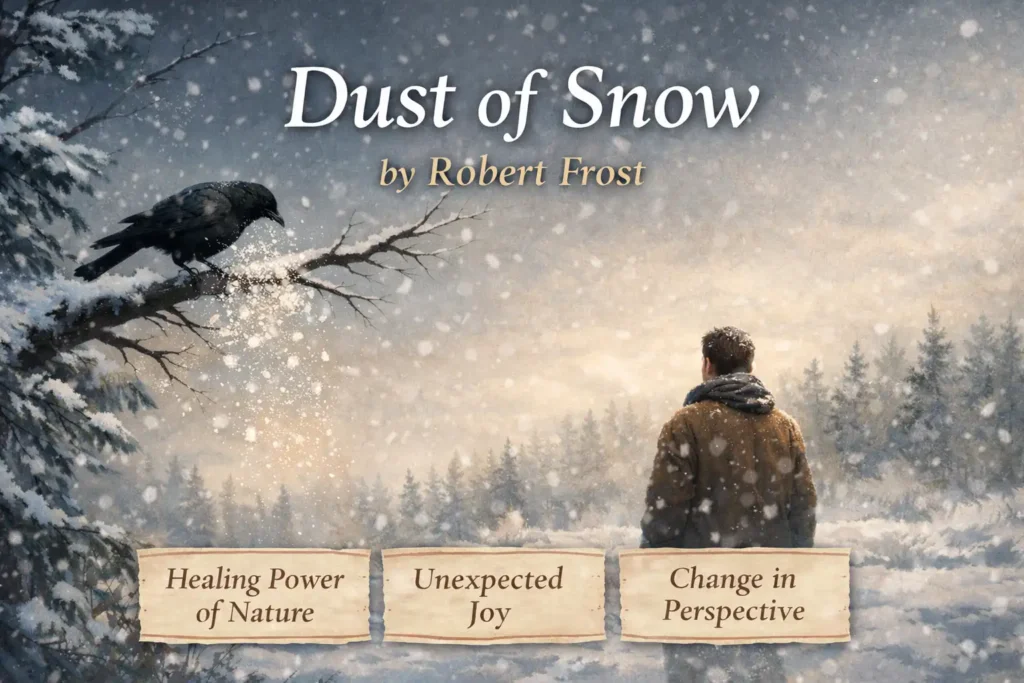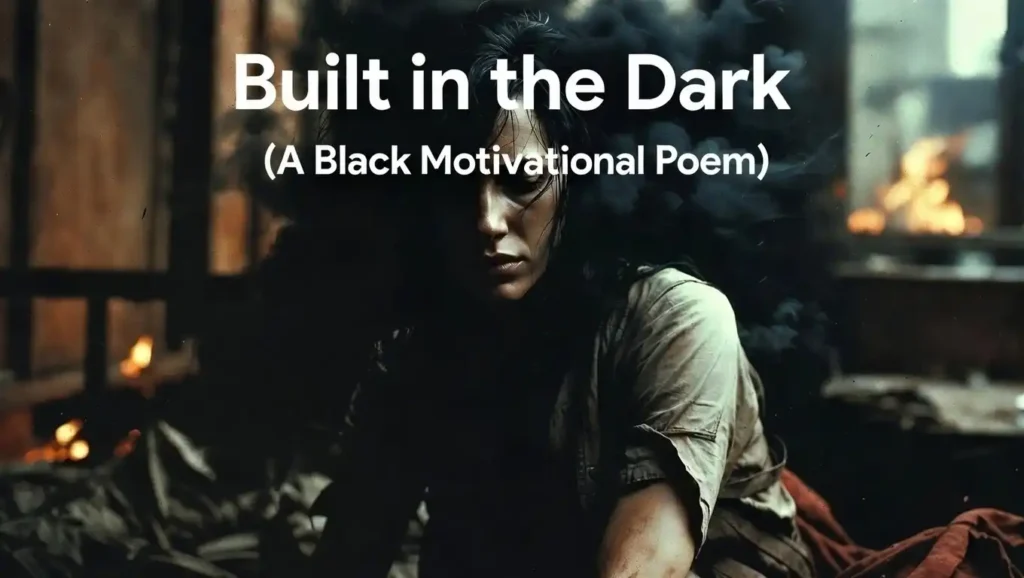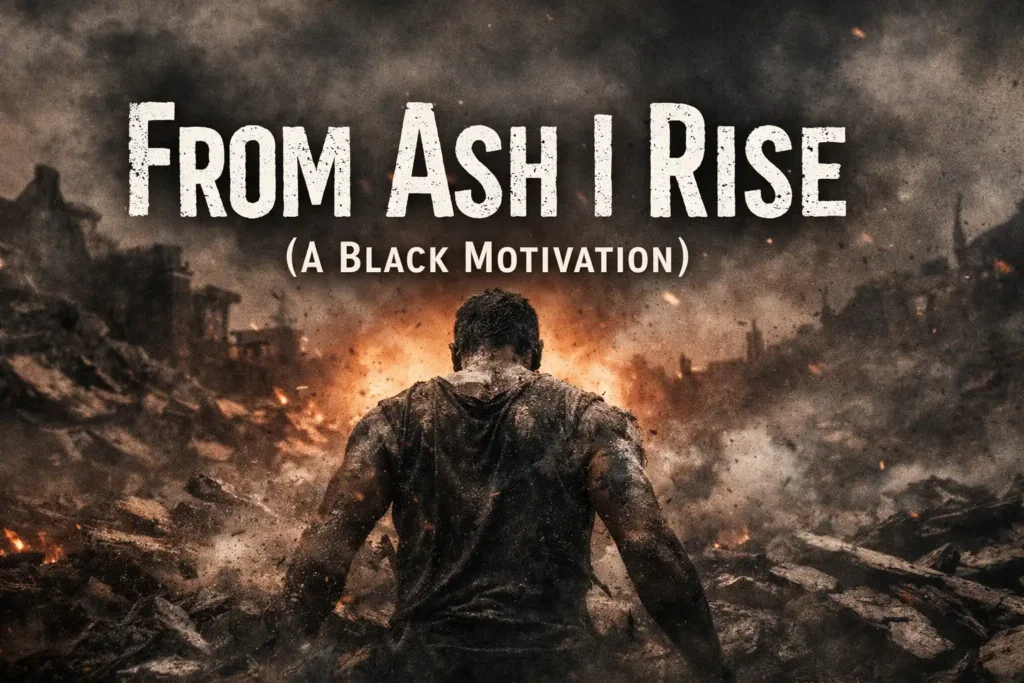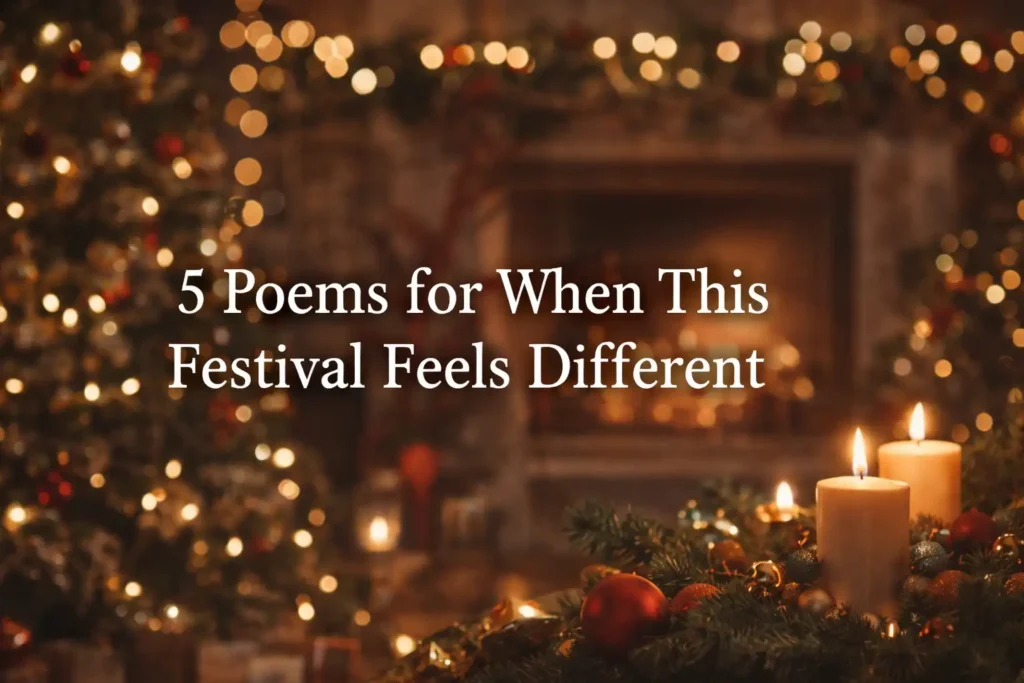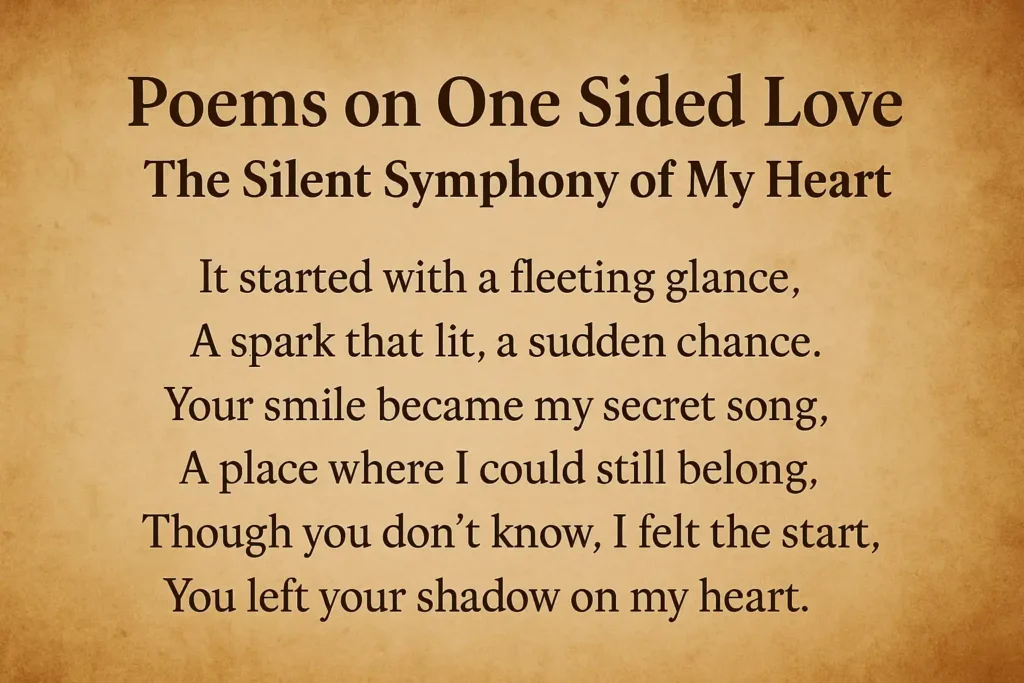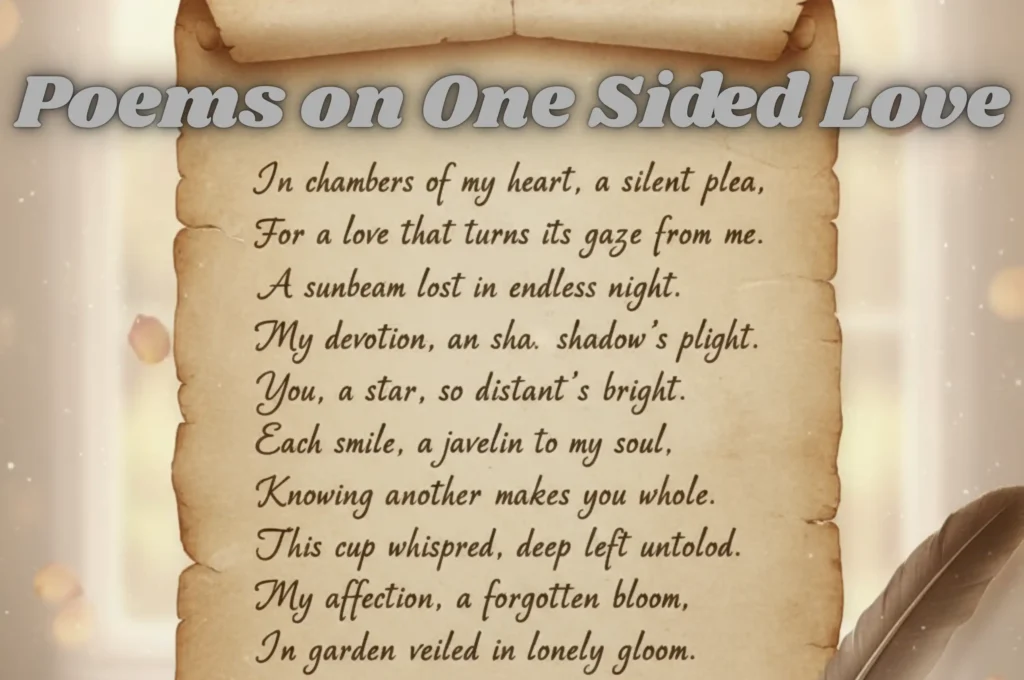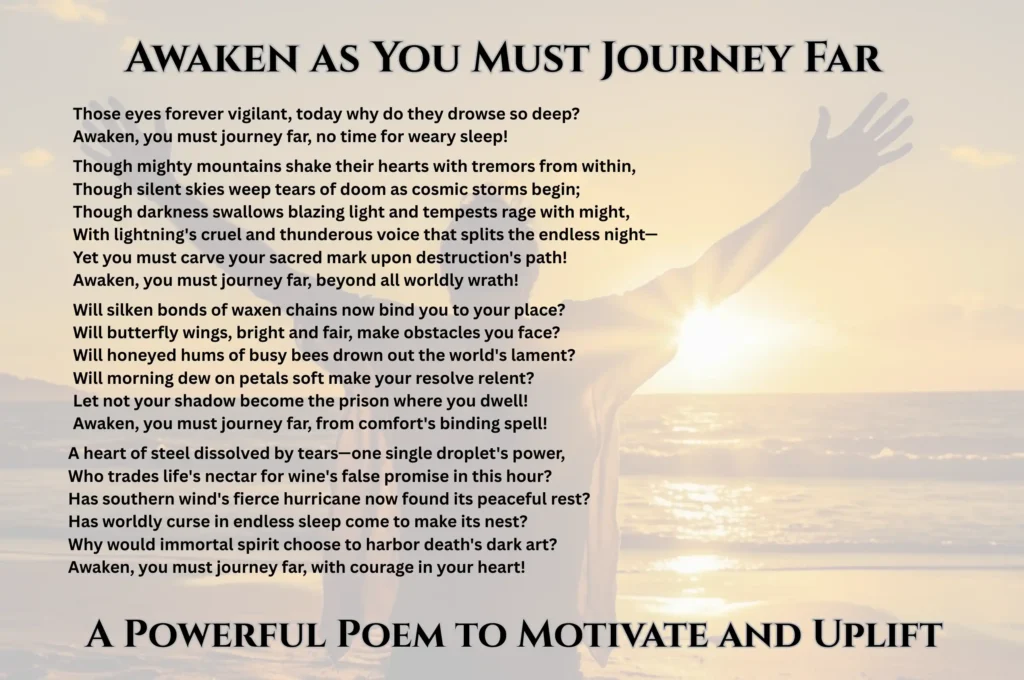Explore the vivid depiction of nature, solitude, and the complexities of the human experience in Robert Frost’s poem ‘Stopping by Woods on a Snowy Evening’. Delve into the themes, imagery, and meaning of the poem, and reflect on the beauty of the natural world and the choices we make in life. This thought-provoking and emotionally resonant poem invites readers to pause, appreciate, and contemplate the world around them.
Also Read: The Road Not Taken by Robert Frost
Explore: Hindi Poems
Explore: Online Education by ThePoemStory
Table of Contents
Topics: Stopping by Woods on a Snowy Evening, Stopping by Woods on a Snowy Evening by Robert Frost, stopping by woods on a snowy evening meaning, stopping by woods on a snowy evening analysis, The Conflict Between Duty and Temptation
Stopping by Woods on a Snowy Evening by Robert Frost
Whose woods these are I think I know.
~Robert Frost
His house is in the village though;
He will not see me stopping here
To watch his woods fill up with snow.
My little horse must think it queer
To stop without a farmhouse near
Between the woods and frozen lake
The darkest evening of the year.
He gives his harness bells a shake
To ask if there is some mistake.
The only other sound’s the sweep
Of easy wind and downy flake.
The woods are lovely, dark and deep,
But I have promises to keep,
And miles to go before I sleep,
And miles to go before I sleep.
Source: Collected Poems, Prose, & Plays (Library of America, 1995)
One of the striking aspects of “Stopping by Woods on a Snowy Evening” is its vivid depiction of the natural world. Frost’s use of descriptive language transports the reader to a serene and wintry landscape. He paints a picture of a snow-covered forest, with the “lovely, dark and deep” woods that beckon the speaker to pause and appreciate their beauty. The imagery of the snow falling softly and the horse’s harness bells jingling in the distance creates a sense of tranquility and stillness.
But beneath the surface of this tranquil scene lies a deeper meaning. The poem also explores the theme of solitude and the desire for escape. The speaker is drawn to the woods, not just to admire their beauty, but also as a way to momentarily escape the demands and responsibilities of everyday life. The repetition of the line “And miles to go before I sleep” suggests a sense of duty and obligation that pulls the speaker away from the woods and back to reality.
Furthermore, “Stopping by Woods on a Snowy Evening” delves into the complexities of the human experience. The poem raises questions about the nature of existence and the choices we make in life. The speaker’s contemplation of the woods and the temptation to stay there for longer than intended highlights the human struggle between duty and desire. It captures a moment of indecision and the tension between the allure of the unknown and the comfort of the familiar.
Overall, “Stopping by Woods on a Snowy Evening” is a masterful work that invites readers to reflect on the beauty of nature, the yearning for solitude, and the complexities of the human experience. Frost’s skillful use of imagery and symbolism creates a poem that resonates with readers of all generations, reminding us to pause and appreciate the world around us, while also acknowledging the challenges and choices that shape our lives.
Stopping by Woods On A Snowy Evening Meaning
The poem begins with the speaker describing his journey through a snowy forest on a dark winter evening. The vivid imagery of the snow-covered landscape and the quietness of the woods create a serene and peaceful atmosphere. The speaker is drawn to the beauty of the scene and decides to stop for a moment to appreciate it.
However, as the poem progresses, we realize that the speaker’s pause in the woods is not just a simple admiration of nature. There is a deeper meaning behind his actions and thoughts.
As the speaker stands in the midst of the snowy woods, he becomes acutely aware of the stillness and silence that envelops him. The only sound he can hear is the gentle rustling of the wind through the trees and the distant hoot of an owl. This quietude allows his mind to wander and reflect on the deeper aspects of life.
It is in this moment of solitude that the speaker contemplates the transience of existence. He observes the snowflakes falling gracefully from the sky, each one unique and delicate, only to melt and disappear upon touching the ground. This fleeting beauty serves as a metaphor for the brevity of human life, reminding the speaker of the impermanence of all things.
Moreover, the snowy evening in the woods symbolizes the passage of time and the inevitability of death. The darkness that surrounds the speaker represents the unknown and the mysteries of life. The snow-covered landscape serves as a reminder of the cold and harsh realities that await us all. Yet, despite the somber undertones, there is a sense of acceptance and tranquility in the speaker’s contemplation.
Through his pause in the woods, the speaker seeks solace and finds a connection to something greater than himself. He becomes one with nature, recognizing his place in the grand scheme of things. The beauty and stillness of the snowy evening offer him a moment of clarity and introspection, allowing him to come to terms with his mortality and find peace within.
As the poem continues, the speaker will delve deeper into his thoughts and emotions, exploring themes of life, death, and the human experience. Through his journey in the snowy woods, he will unravel profound truths and insights that will resonate with readers and leave a lasting impression. The speaker’s decision to stop in the woods can be seen as a metaphorical representation of the human desire for escape and solitude. In the hustle and bustle of everyday life, we often long for moments of respite, where we can disconnect from our responsibilities and reflect on our thoughts.
As the speaker gazes at the snow falling gently, he is entranced by the beauty of the scene. The repetition of the line “And miles to go before I sleep” emphasizes the speaker’s awareness of his obligations and the distance he still needs to travel. It suggests that he has momentarily put his responsibilities aside to indulge in a moment of contemplation. In this momentary escape, the speaker finds solace in the stillness of the woods.
The snow-covered trees create a serene atmosphere, inviting him to pause and take in the tranquility of nature. The silence is broken only by the occasional sound of a bird chirping or the rustling of leaves in the wind. It is in this peaceful setting that the speaker finds a sense of clarity and a space for introspection. As he stands there, surrounded by the beauty of the winter landscape, the speaker’s mind begins to wander.
He reflects on the challenges he has faced and the journey that lies ahead. In this moment of solitude, he is able to confront his fears and doubts, finding the strength to continue on his path. The woods become a sanctuary for the speaker, offering a temporary escape from the demands of the outside world. Here, he can let go of his worries and immerse himself in the present moment. The weight of his responsibilities fades away, replaced by a sense of peace and rejuvenation.
This moment of contemplation in the woods serves as a reminder of the importance of taking time for ourselves. In our fast-paced lives, it is easy to get caught up in the never-ending cycle of work and obligations. However, by allowing ourselves moments of solitude and reflection, we can recharge and gain a fresh perspective on our lives.
The speaker’s decision to pause in the woods is not just a fleeting moment of escape, but a deliberate act of self-care. It is a recognition of the need to prioritize our well-being and mental health. In this quiet corner of the world, the speaker finds a temporary refuge, a sanctuary where he can reconnect with himself and find the strength to continue his journey.
The Conflict Between Duty and Temptation
While the speaker is captivated by the tranquil setting, he is also aware of his obligations and the pressing demands of his life. The mention of the “promises” and the “miles to go” alludes to the responsibilities and commitments that await him.
This conflict between duty and temptation is further highlighted in the last stanza of the poem. The speaker acknowledges the allure of the woods but ultimately chooses to move on, stating, “But I have promises to keep, And miles to go before I sleep.” This decision reflects the internal struggle we often face when torn between our desires and our obligations.
Throughout life, we are constantly faced with choices that test our sense of duty and our susceptibility to temptation. These choices can range from simple everyday decisions to more significant moral dilemmas. In the case of the speaker in the poem, he finds himself at a crossroads between indulging in the captivating beauty of the woods and fulfilling his commitments.
The woods, described as “lovely, dark and deep,” evoke a sense of mystery and allure. They represent the temptations and distractions that can divert us from our path of responsibility. The speaker is undoubtedly drawn to the woods, as anyone would be, but he resists the temptation. He acknowledges that he has “promises to keep” and “miles to go” before he can rest.
This internal struggle is a universal theme that resonates with readers of all backgrounds. We have all experienced moments when we are torn between what we want to do and what we should do. It may be the temptation to procrastinate when we have important deadlines, the desire to indulge in unhealthy habits when we should be taking care of ourselves, or the allure of short-term pleasures when we should be focusing on long-term goals.
The speaker’s decision to prioritize his obligations over his desires is a testament to his sense of duty and responsibility. It serves as a reminder that sometimes we must make sacrifices and delay gratification in order to fulfill our commitments and achieve our long-term goals. It is not an easy decision to make, as the allure of temptation can be strong, but it is often the right one.
In conclusion, the conflict between duty and temptation is a recurring theme in literature and in life. The speaker’s struggle in the poem reflects the internal battles we all face when torn between our desires and our obligations. It reminds us that while temptation may be enticing, fulfilling our responsibilities and keeping our promises ultimately leads to a sense of fulfillment and accomplishment.
Stopping by Woods On A Snowy Evening Analysis
Topics: Stopping by Woods on a Snowy Evening, Stopping by Woods on a Snowy Evening by Robert Frost, stopping by woods on a snowy evening meaning, stopping by woods on a snowy evening analysis, The Conflict Between Duty and Temptation
On a deeper level, “Stopping by Woods on a Snowy Evening” can be interpreted as a reflection on the choices we make in life and the responsibilities that come with them. The woods symbolize the allure of a more carefree and contemplative existence, while the promises and obligations represent the commitments and responsibilities that keep us grounded in reality.
The poem reminds us that while it is tempting to get lost in the beauty and tranquility of the moment, we must also be mindful of our responsibilities and the impact our choices have on our lives and the lives of others.
As we stand at the edge of the woods, mesmerized by their enchanting beauty, we are faced with a choice. Do we succumb to the temptation of escaping from our obligations and immerse ourselves in the peaceful solitude of the woods? Or do we acknowledge our responsibilities and continue on the path we have chosen?
These choices are not always easy. The allure of the woods is strong, pulling at our hearts and minds, enticing us to abandon our duties and embrace a life of simplicity and serenity. But as the poem suggests, there is a price to pay for such indulgence.
When the speaker says, “But I have promises to keep, And miles to go before I sleep,” it serves as a reminder that our choices have consequences. We have made commitments to ourselves and to others, and it is our duty to honor those promises. We have responsibilities that cannot be ignored or cast aside.
Life is a delicate balance between pursuing our desires and fulfilling our obligations. It is a constant negotiation between the longing for freedom and the weight of responsibility. The poem urges us to find that balance, to appreciate the beauty of the woods but also understand the importance of staying true to our commitments.
Ultimately, “Stopping by Woods on a Snowy Evening” serves as a profound meditation on the choices we make and the responsibilities we carry. It reminds us that life is not just about fleeting moments of pleasure, but also about the enduring commitments we make to ourselves and others. It is a call to embrace the beauty of the world while also fulfilling our responsibilities, finding harmony in the delicate dance between freedom and duty.
Moreover, Frost’s skillful use of vivid imagery in “Stopping by Woods on a Snowy Evening” further enhances its timeless appeal. The poet paints a picturesque scene of a snowy evening, with descriptions such as “the woods are lovely, dark and deep” and “the only other sound’s the sweep of easy wind and downy flake.” These evocative images transport the reader into the wintry landscape, allowing them to experience the beauty and serenity of the moment alongside the speaker.
Furthermore, the poem’s themes of solitude, duty, and temptation resonate with readers across generations. The speaker’s contemplation of the peaceful woods and his desire to stay and enjoy their beauty represent the universal human longing for escape and respite from the demands of everyday life. This internal struggle between the allure of the woods and the responsibilities that await the speaker outside strikes a chord with readers who have grappled with similar conflicts in their own lives. In addition, the poem’s ambiguity and open-ended nature contribute to its enduring popularity.
Frost leaves the reader with unanswered questions, such as the identity of the owner of the woods and the speaker’s ultimate decision. This ambiguity allows for multiple interpretations and encourages readers to reflect on their own experiences and choices.
The poem becomes a mirror through which readers can examine their own desires, responsibilities, and the consequences of their actions. Ultimately, “Stopping by Woods on a Snowy Evening” continues to captivate readers because it speaks to the universal human experience. Its timeless themes, evocative imagery, and open-endedness make it a poem that can be revisited and appreciated by readers of all ages and backgrounds.
Topics: Stopping by Woods on a Snowy Evening, Stopping by Woods on a Snowy Evening by Robert Frost, stopping by woods on a snowy evening meaning, stopping by woods on a snowy evening analysis, The Conflict Between Duty and Temptation



